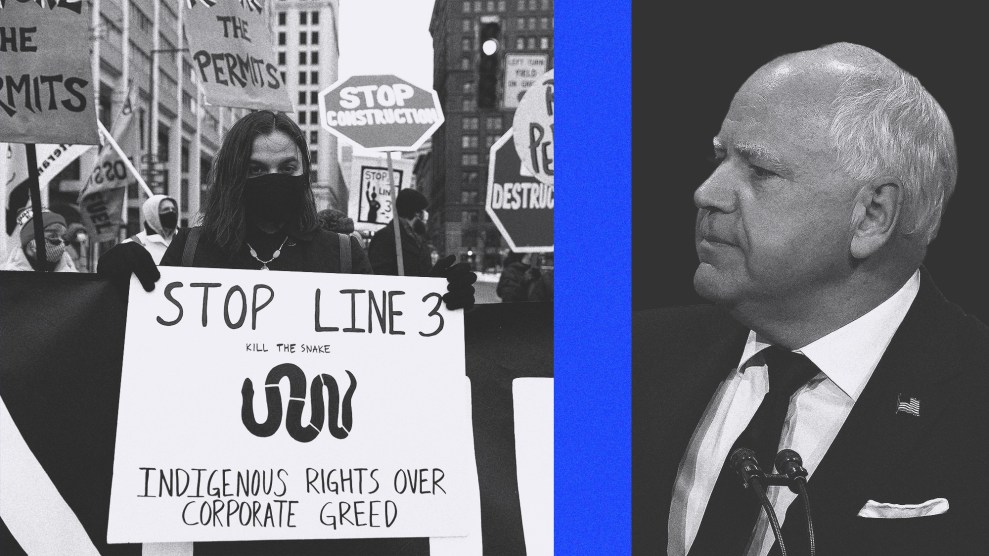After three days of GOP obstruction and deadlock, Senate Democrats finally wore down their colleagues across the aisle and will today begin full debate on overhauling Wall Street on the Senate floor. Instead of haggling behind closed doors, senators will now have to fight to improve or whittle down the bill out in the open. In the coming days, you’ll see members of both parties making lots of statements and offering amendments to the bill, largely crafted by Sen. Chris Dodd (D-Conn.), that bolster and weaken the array of proposed rules and regulations that rewrite how our financial services industry does business.
Right now, there look to be three main sticking points between the parties. One is the proposed consumer protection agency, which would oversee areas like mortgage lenders, auto dealers, and credit card practices. Sen. Richard Shelby (R-Ala.), a leading figure on financial reform, wants to pare back the reach and power of the agency; he says it would create unnecessary bureaucracy and would pry into the lives of Americans. Shelby’s counterpart, Sen. Dodd, said yesterday that he disagrees with Shelby’s position. “I cannot agree to his desire to weaken consumer protections given the enormous abuses we have seen,” Dodd said. There’s sure to be an intense fight waged on the Senate floor to determine the fate of the consumer agency.
What to do with systemically risky, or “too-big-to-fail,” banks is another prickly issue. In an interview with CNBC yesterday, Sen. Bob Corker (R-Tenn.), another leading Republican on financial reform, said the two parties had yet to reconcile their differences on ending the threat of too-big-to-fail banks and preventing future taxpayer bailouts. That said, Corker hinted that GOPers and Democrats weren’t that far apart on the issue: “We can fix ‘Too Big To Fail’ piece. We really can, in about five minutes. Everybody knows how to fix it.” If Corker’s remarks are any indication, reaching a compromise on too-big-to-fail—what Corker seems to believe is low-hanging fruit for the Senate—could be top of the to-do list.
The third issue where major differences remain is regulating derivatives, the exotic, opaque instruments used both by farmers and manufacturers to hedge their risk and by Wall Street to bet on swings in the markets. The derivatives language included in the bill now is especially tough—most of it comes from the Senate agriculture committee’s derivatives bill, which would require derivatives to be traded on exchanges (like the New York Stock Exchange) and put through a clearinghouse so that the risk of losses is absorbed by many parties instead of a few (think AIG). The agriculture committee’s bill would also force derivatives trading desks to be spun off from their larger banking operations, a provision that’s drawn the ire of Wall Street.
Yesterday, Shelby said, “on the derivatives, we haven’t worked that out.” And the lone Democrat to vote against cloture three times with Republicans, centrist Sen. Ben Nelson (D-Neb.), opposes the current derivatives legislation, too. A provision in the derivatives section would force existing derivatives contracts to post margin—either cash or securities as collateral—on those deals. Warren Buffett, the head of Omaha-based Berkshire Hathaway, had sought to kill that margin requirement for existing derivatives, saying the government couldn’t rewrite existing contracts, and his company put pressure on Nelson to do so. But margin requirement remains in the bill, and it’s unlikely Nelson will agree to the bill’s derivatives rules as they are now until there’s resolution on the Buffett provision.
Of course, there are many other fights to come on the 1,300-page bill. (You can read about more of those here.) Only now, you can watch those fights on CSPAN, or the highlights on the big TV networks, just as many people tuned in for the war over health care reform. The debate starts today around noon.















